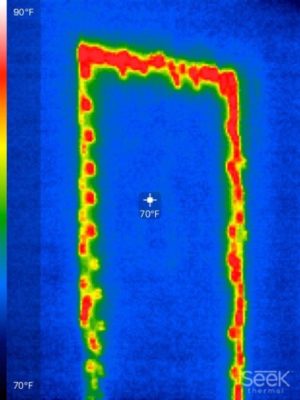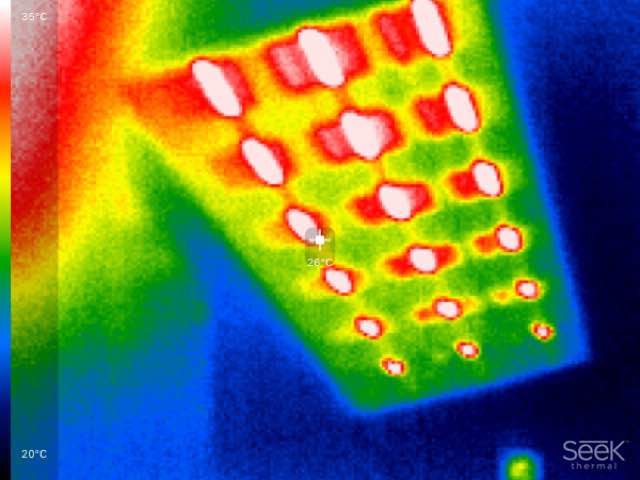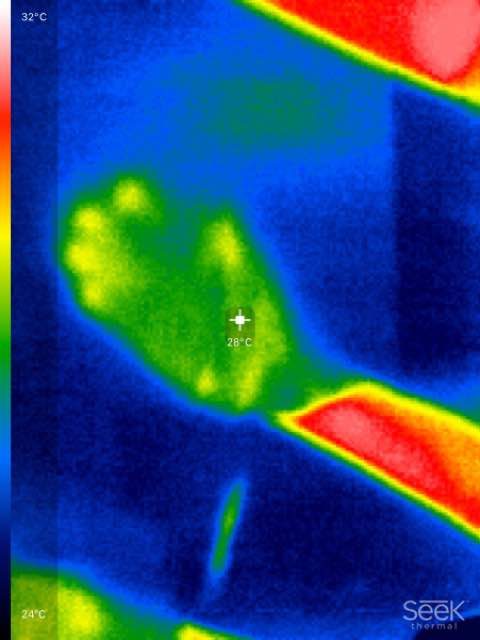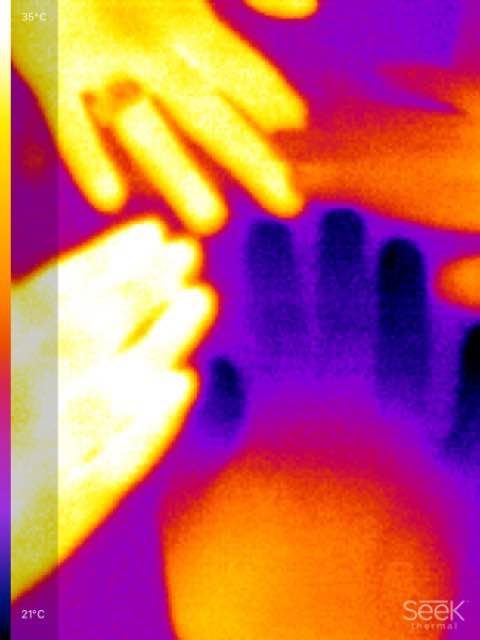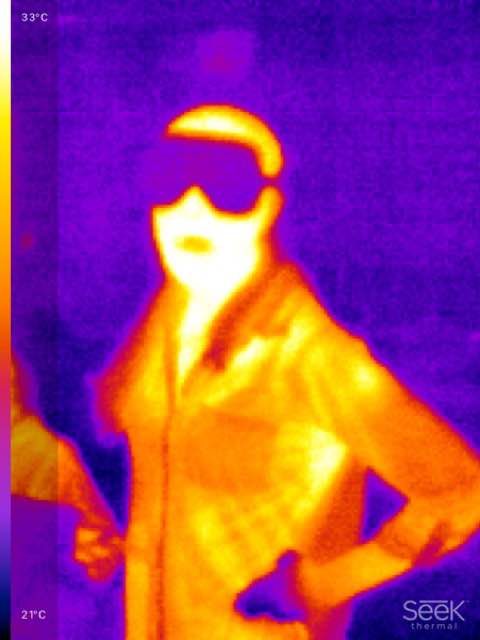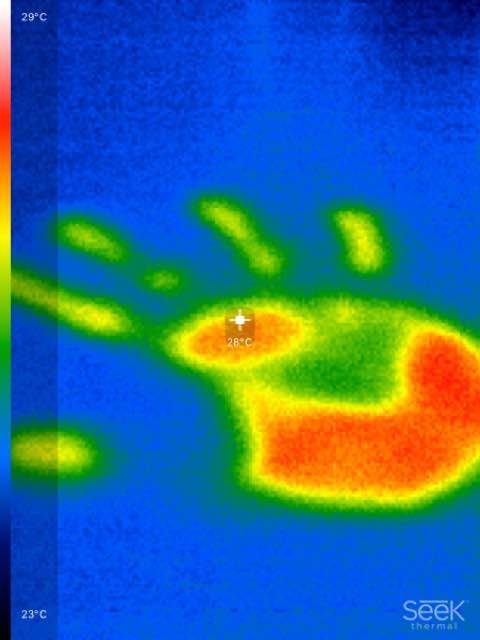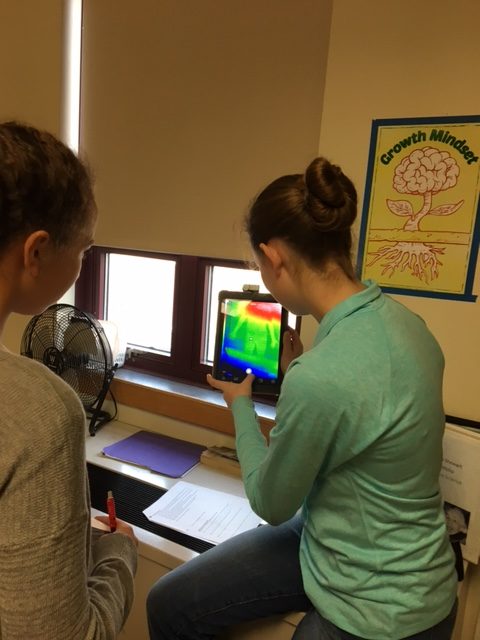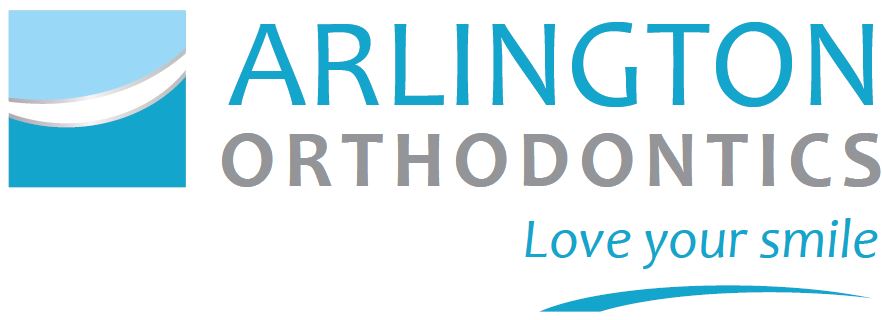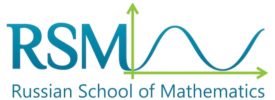The Arlington Public Schools (APS) recently received three grants totaling $72,000 from the Arlington Education Foundation (AEF), whose mission is to support innovative projects and enhance teaching and learning in Arlington Public Schools.
According to AEF President Elizabeth Goodsell, the $15,000 “Innovation in Education Grant” for performing arts was approved last September. An important objective is to make the learning process in orchestra and jazz band more accessible and efficient by using modern digital means to display music.
“The iPads will replace the paper sheet music, which will also save on printing costs and alleviate the issue of sheet music being lost, for the nearly 170 students in the orchestra and jazz band at Arlington High School,” Goodsell said earlier this month. “The iPads will allow more time to be focused on the lesson rather than flipping through paper music, and new music can be uploaded to sight-read instantly.”
Schools official describes benefits
The grant to provide students with iPads in instrumental ensembles was further confirmed by Jing-Huey Wei, director of performing arts for the local public school district.
“Using this technology for performing and studying musical scores is now preferred by many professional musicians,” Wei told YourArlington. She further highlighted that the access to the iPads “gives the students experience using a technology that is expanding in the world of music.”
In addition to providing students with access to iPads in performing arts, Wei mentioned how the grant positively affects the APS drama/theater program. According to her, “with the grant, Drama/Theater Director Michael Byrne along with Arlington High School theater students [recently] presented a children’s musical, “Strega Nona” [based on the popular children’s picture books by New England native Tomie dePaola] to more than 1,900 Arlington K-3 elementary school students and 450-plus community members.”
The grant “helped establish the first step of the theater program for elementary school students, which currently does not exist in all elementary schools,” said Wei.
Two other grants help in other ways
Another $15,000 AEF grant to APS was approved earlier in November: “Building a 21st Century Visual Arts Program.” This grant is dedicated to provide all students with new tools regardless of their socioeconomic backgrounds. According to Goodsell, “This grant helps to bring new cutting-edge equipment to expand programming and student access to new filmmaking, animation and digital photography courses.”
As well, last June, AEF gave APS the $42,000 “District Investment Grant,” being implemented to “help expand the district’s shared leadership and action through Working Groups,” Goodsell said.
The AEF has devoted this grant to support the district’s five-year Strategic Plan. “AEF proudly supports these working groups that are [made up of] of not only educators, but also students and families,” said Goodsell.
According to its website, “AEF awards grants at all levels of Arlington Public Schools – Menotomy Preschool, all seven elementary schools, the Gibbs School, Ottoson Middle School and Arlington High School.”
This story by YourArlington freelancer Crystal Lin was published Thursday, Nov. 30, 2023, based on information from officials of the Arlington Education Foundation and of the Arlington Public Schools.
